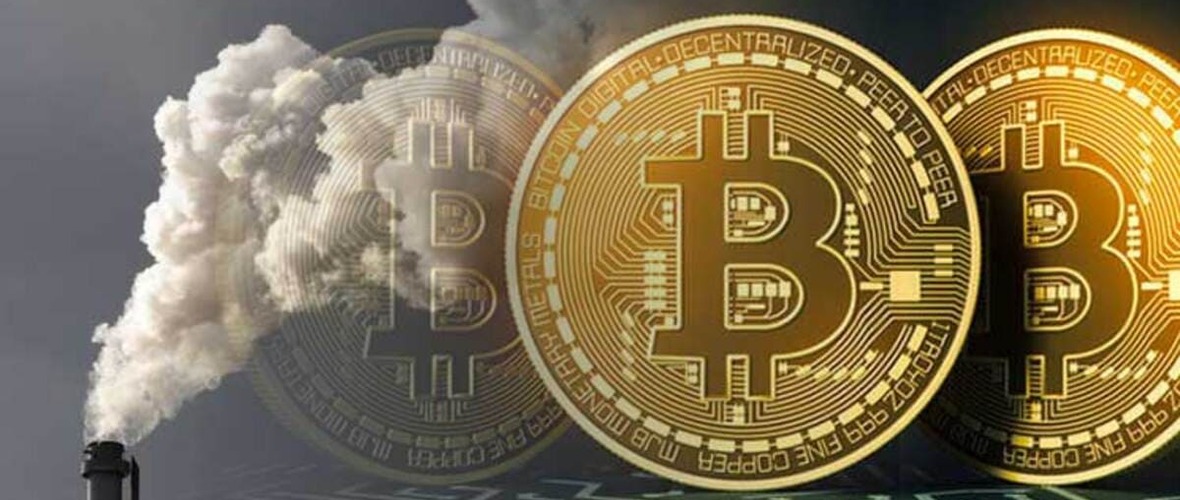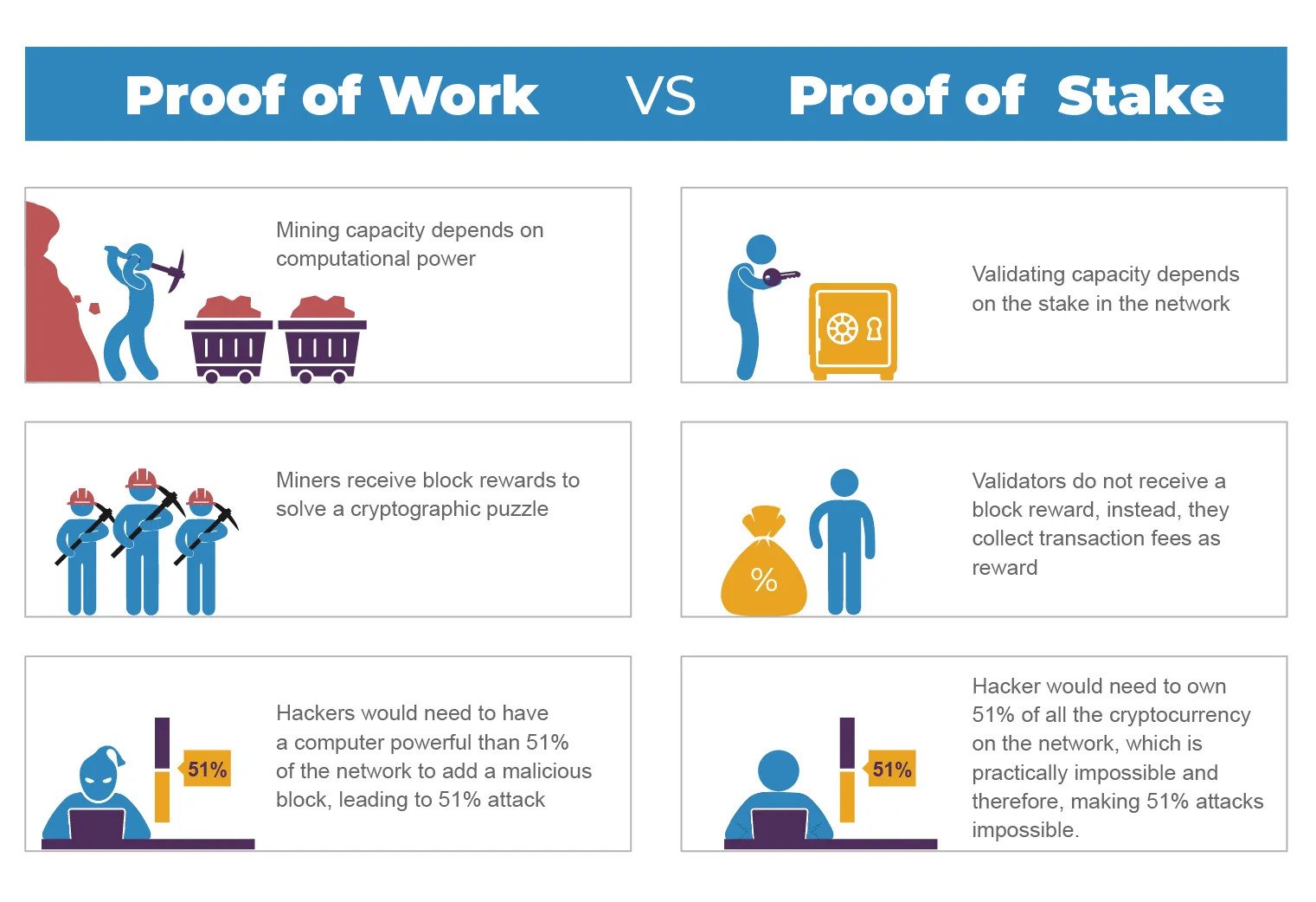Crypto over Environment
April 12, 2022 | Expert Insights

Since 2020, environmental activists and lawmakers have been trying to pass regulations on crypto mining. Mining crypto is an extremely energy-intensive activity, stemming from its proof of work (PoW), and as its usage spreads, so does the load on energy resources increase.
Background
Markets in Crypto Assets (MiCA) is a proposed EU regulation that was drafted in 2020. It aims to create a uniform set of rules applicable to all member states to regulate digital assets. Projects that do not satisfy the regulatory requirements as outlined in the MiCA, cannot be mined or traded within the EU.
The proposed regulations cover a broad range of topics. For instance, Paragraph 61 (9c) seeks to prohibit the use of PoW completely. This particular section drew a public backlash and was consequently updated to read as crypto-assets “shall be subject to minimum environmental sustainability standards”. Many remain concerned that the revised wording could still have the same effect. However, the greater worry is that once this bill becomes a law, it could adversely impact the EU's crypto industry. It is worth remembering that both Bitcoin and Ethereum (the two largest cryptocurrencies) use PoW.
In May 2021, Elon Musk tweeted that Tesla would no longer be selling any bitcoin. According to him, the company would use crypto for transactions only when mining became more sustainable. Musk said, “cryptocurrency is a good idea on many levels, but this cannot come at a cost to the environment”.

Analysis
Bitcoin was the first widely adopted application of PoW. Today, PoW forms the basis of many other cryptocurrencies, most notably Ethereum. It is used for validating transactions and mining new tokens for cryptocurrencies. It is also required when adding a new block to the system.
A new block is accepted by the network when a miner is able to ‘win’ PoW. This means that the miner has to solve a complex puzzle. PoW is a critical system because it ensures that peer-to-peer transactions can be done in a secure manner without the need for a central authority. As cryptocurrencies become more mainstream, the complexity of the puzzles that the miners have to solve keeps increasing. The system is designed like this to add new blocks at timely intervals (which are currently around 10 minutes).
There are two (connected) reasons for PoW being harmful to the environment. Firstly, the puzzles keep getting more complex, and secondly, only one person can win PoW. During the early days of bitcoin, the carbon footprint had never been an issue since only a minimal amount of computing power was required to solve the puzzles. Today, however, the puzzles are so complex that the computing power required to solve them is immense. Such high amounts of computing power require a large amount of electricity, which is, of course, mainly produced through fossil fuels. Coupled with the fact that only one person can win PoW, it means that every other specialised computer (rigs) which also uses up electricity cannot win. Everyone, but the winner, has simply wasted all this energy.
A report by Frankfurt in November of 2021 stated that the Bitcoin ecosystem alone consumed 0.05 per cent of global energy. To put this in perspective, Bitcoin uses more electricity than Norway. If it were a country, it would rank 27th in the world for electricity use. The EU contributes about 15per cent of the total hashing power of the entire Bitcoin ecosystem, with Germany and Ireland being the two largest contributors.
MiCA has not been passed by the EU because of the impact it could have on innovation in the region. Also, a blanket ban may not fix the larger issue; miners will move away from the EU and mine in different regions (the global climate problem would remain). That being said, cryptocurrencies are not entirely off the hook. The EU desperately wants to transform its energy grid for both climate and security reasons. Targets have been set to reach net-zero by 2050, and the Russian invasion of Ukraine has only pushed more countries to reduce dependence on Russian oil and gas.
Counterpoint
If the world switches to more renewable energy sources, then mining crypto that uses PoW will not be a big issue. Currently, only 39 per cent of crypto is being mined through renewable sources. So, a transition to a global green system will automatically create a green PoW standard. Another option for the crypto industry is to move away from PoW and transition to a cleaner system, such as proof of stake. Proof of stake does not require solving complex puzzles; hence it does not require massive amounts of computing power and electricity. Ethereum (the second largest crypto) is already switching from PoW to proof of stake.
Assessment
- The massive amount of electricity required by PoW systems makes them environment unfriendly. If blockchain and crypto are here to stay, then they have no option but to shift to more sustainable technologies.
- EU's decision to delay the passing of regulations that ban such technology appears to be a sensible one. The solution does not lie in blanket bans that will kill innovations but in encouraging sustainability through a permissible regulatory ecosphere that encourages even greater innovation.








Comments